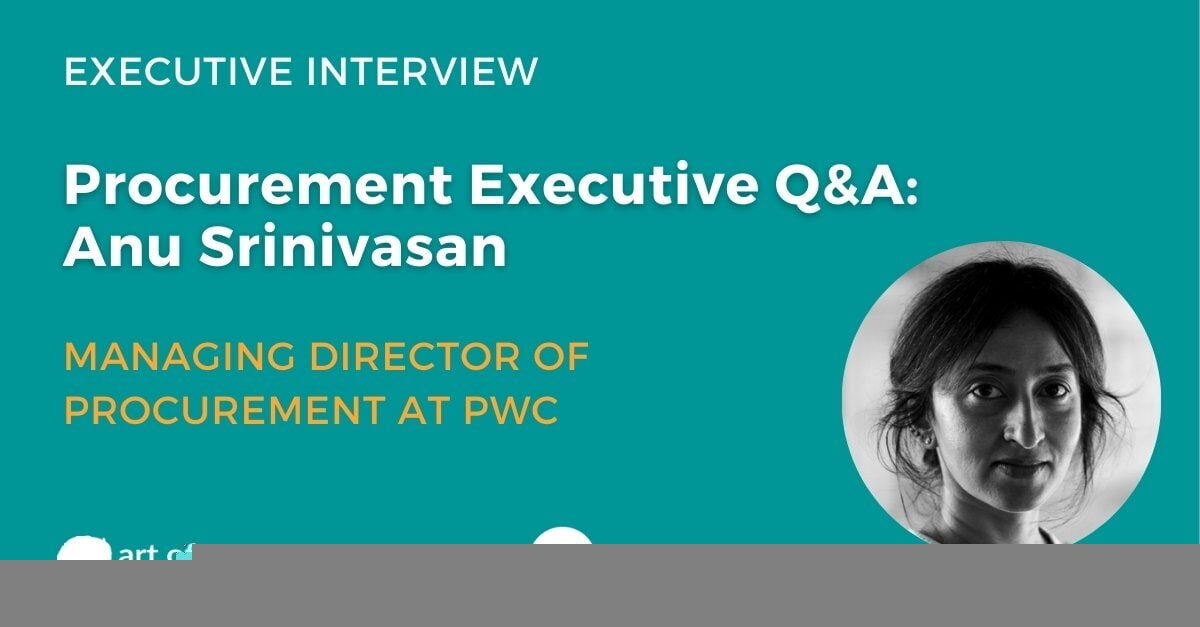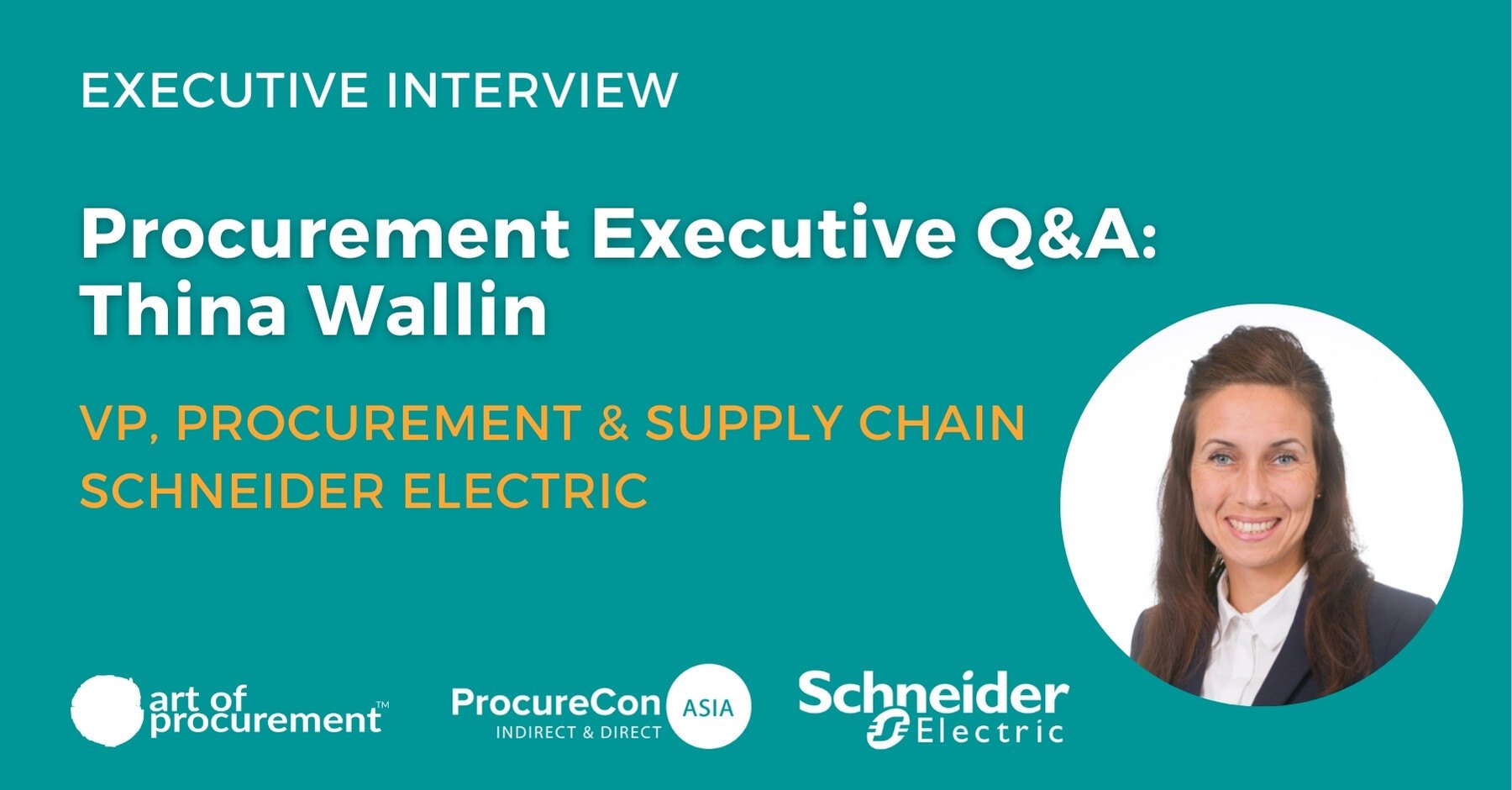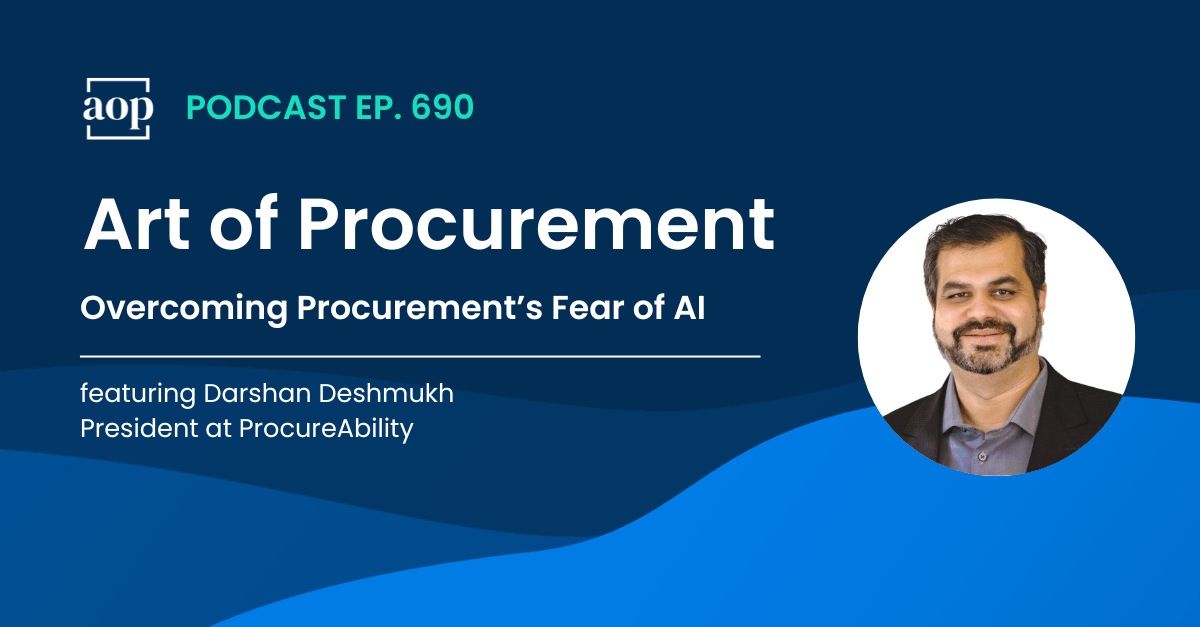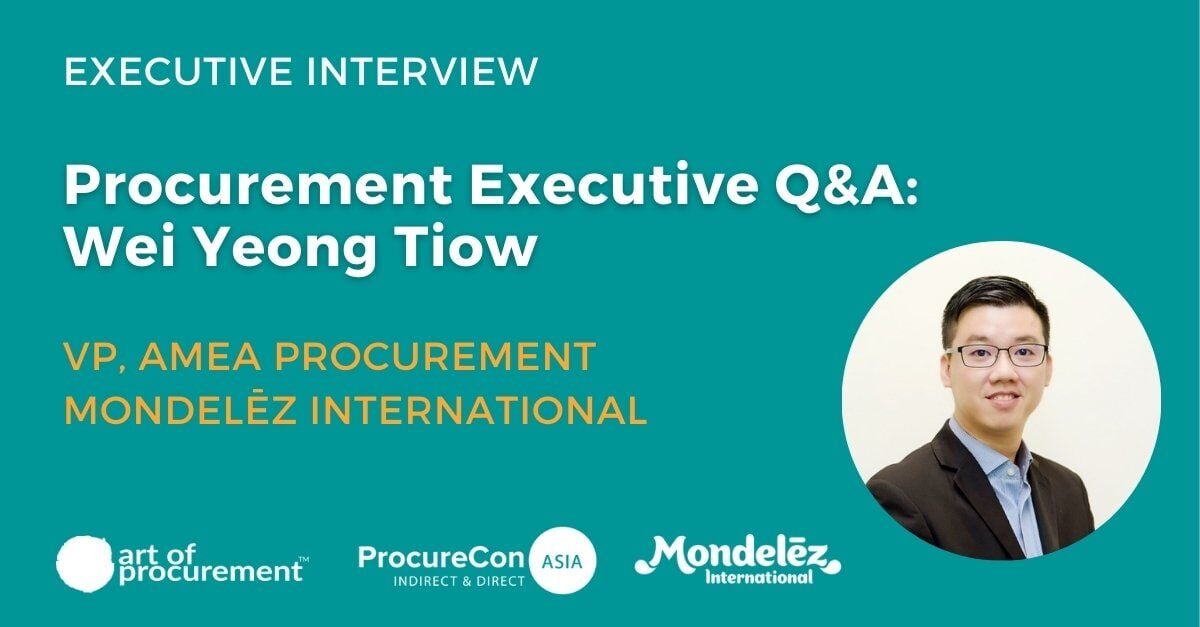
As part of Art of Procurement’s media partnership with ProcureCon, we are pleased to bring you this Executive Q&A with Anu Srinivasan, Managing Director of Procurement at PwC. For more information, you can view Anu’s profile on LinkedIn. Anu will be speaking at the upcoming ProcureCon Asia 2022 in Singapore.
Can you give a brief introduction of yourself?
I am Anu Srinivasan, founder of Shvaas Yoga – a space for yoga and mindfulness, which I believe is a key leadership skill. I am also the MD Procurement at PwC. My experience spans across business strategy, transformation, procurement, change management, and industries including financial services, health care, telco, and government. I was born in India, but I now call Melbourne home, having lived here for over 20 years. Travelling and Yoga are my passions.
Following COVID-19, in what way are you continuing to add value to the business in your role as Managing Director of Procurement and how has this changed in the past two years?
Covid has impacted the supply chain in almost all categories, and this means that we need to shift the way we think to be able to add value. How do we approach our strategy within each category, what will we ask our partners (e.g., managing risk), how do we invest in relationships, how do we support the broader ESG agenda, etc.? At the same time, we need to continue to be good with the fundamentals of delivering commercial value, partnerships, delivering to business outcomes etc.
How can you bring more of a human touch to the procurement department?
Procurement functions should solve business problems. Our KPIs should align to business outcomes. This humanises the problems we solve, how we behave, and the language we use. Procurement continues to face new challenges and priorities, so it is necessary to move away from a tactical commercial delivery function (which was at one point considered strategic for procurement, and I no longer think it is) to a function that can have dynamic conversations with business leaders on several priorities.
What impact did the pandemic have on your ability to strengthen and deepen relationships with your suppliers?
My reflection is that we have been able to deepen our relationships. The pandemic required us to go beyond scoped commercials to exploring ways to solve some new and challenging problems. We could not have solved these problems and delivered these results without support from our partners. They solved for our business problems, shared learnings from the industry, and enabled us over and above their traditional role. If anything, this experience has taught us to invest in our supplier relationships, ongoing.
What is your opinion on regionalization as the answer to supply chain risk mitigation?
Cost and supply certainty were key issues during the pandemic and continues to be. We have seen unprecedented fragility in the supply chain. Now organisations are looking at tailor-made approaches with partners that can innovate and provide certainty of supply.
Heavy dependency on outsourced supply and manufacturing has impacted us from supply, cost, and delivery perspectives. Global businesses had not previously explored the opportunity to leverage their scale and geographical reach. These are untapped areas of potential.
What are your key achievements in your procurement department? What are you most proud of?
Our ability to identify risk in our supply chain and implement controls. Resilience in the procurement industry is to be commended. Our challenges and the demands made of us continue to grow. We are revolutionising our role and the impact we can have, which in this instance allowed us to respond to a very unstable geopolitical environment.
What will you be sharing at pCon Asia?
I am speaking in a session titled “How can you continue adding massive value to the business to gain a bigger seat at the table?” I will be sharing my views on how important it is to continue to deliver our fundaments well, while understanding competing supply chain priorities and delivering business outcomes.




